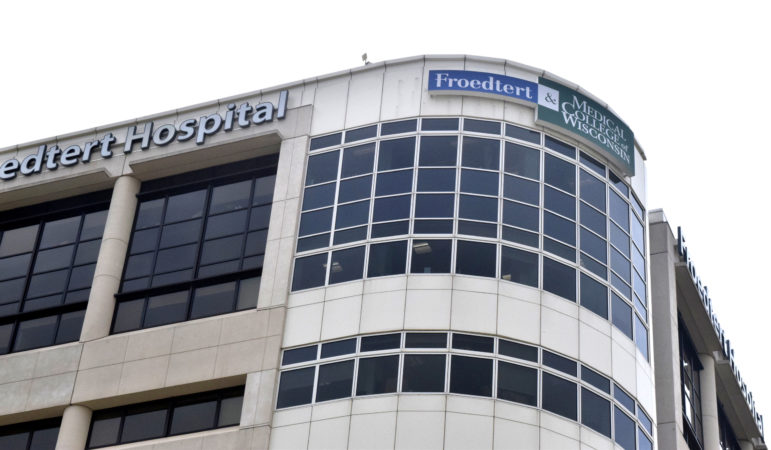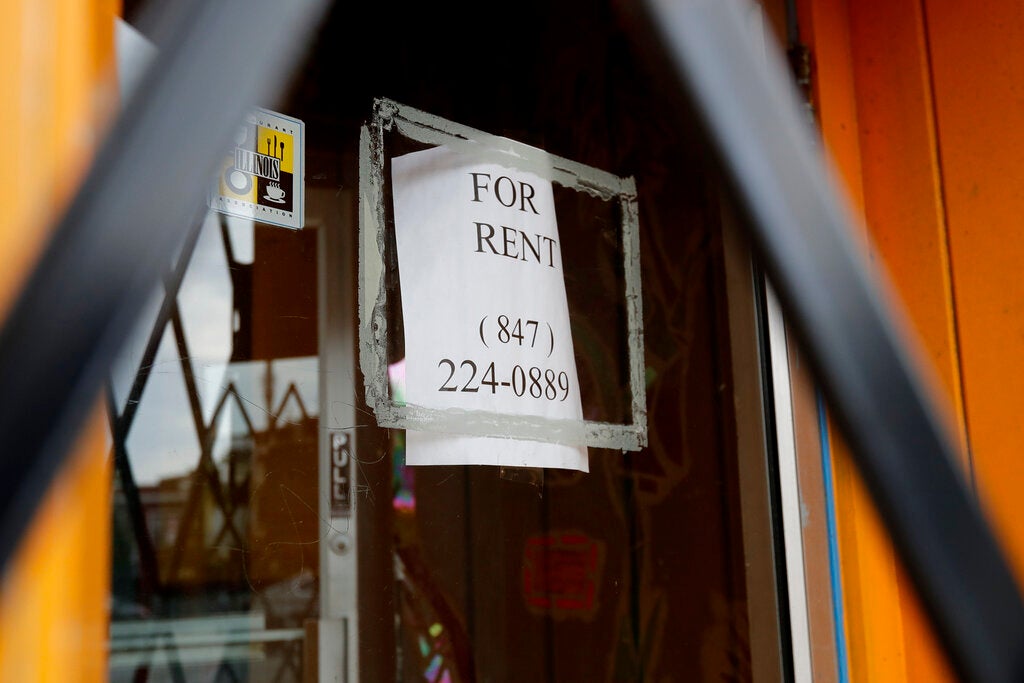Have you ever wondered why your $20 ticket for an upcoming show is $27.95 by the time you’re at the checkout? We get the lowdown on convenience fees and ticket costs from an expert. We also discuss the details of the new proposal for SNAP and look at Wisconsin’s week in news.
Featured in this Show
-
State News Roundup for February 16th, 2018
A plan to close the Lincoln Hills youth prison and replace it with smaller, county-run facilities around the state is set for a vote in the Wisconsin Assembly. We talk about the push to get it to the Governor’s desk by the end of the current legislative session, and check in on other Wisconsin stories, with a state news editor.
-
Economist Gives His Take On Why Concert Tickets Are So Expensive
Just minutes after tickets for rocker Bruce Springsteen’s latest tour went on sale this summer, they had already been snatched up by resellers, selling for up to $10,000 a piece on websites like StubHub.
It’s a phenomenon all too familiar in the live event ticket industry, says Eric Budish, a professor of economics at the University of Chicago Booth School of Business.
“It’s a market that’s been screwed up for a long time,” Budish said. “And it’s a market that’s associated with a lot of what economists call ‘rent seeking,’ or socially wasteful behavior.”
“Rent seeking,” as economists call it, involves manipulating the system to make more money than you’ve earned. And live event ticketing essentially enables this behavior, Budish said.
He explains it this way: each event has what economists call a “market clearing price,” or a max amount people will pay for the tickets.
For popular artists such as Springsteen, that price is often steep, sometimes up to $1,000 a ticket.
“Then there’s another price which is the price an artist might want to sell their tickets to their fans, because they think that price is fair in some meaningful sense,” Budish said.
Springsteen sold his tickets initially for a few hundred dollars instead of a few thousand. But as Budish argues, setting that low price can have some negative effects for both the artist and the fans.
“If (Springsteen) wants to sell his tickets to his fans at $100, I think that’s a reasonable thing for an artist to want to do,” he said. “But what I think is diluted, and defies economic gravity, is to sell tickets at $100, and assume they won’t get scooped up by ticket brokers, ticket bots, and then resold on Ebay and StubHub for $1000.”
Essentially, he says, that gap between the “market clearing price” and the “selling price” leaves room for ticket bots and human resellers to pick up the margin, instead of the artist.
As Budish sees it, artists who want to stop this have two choices: they can sell tickets at the “market clearing price,” or they can take measures to make sure the lower-priced tickets aren’t resold.
The first option has been done before. In December, pop star Taylor Swift steepened prices for her latest tour in an effort to limit the resale market. But the higher prices garnered criticism from shocked fans.
The second option, banning resale altogether, might be difficult. Budish didn’t see a policy approach for it — rather, he said ticket sellers should make it harder for tickets to transfer from owner to owner.
He said the live event industry should look at the air travel industry as an example.
“Every time you take a plane, you can’t resell your plane ticket,” he said. “Your name’s on the ticket, you have to show your driver’s license at the airport.”
In addition, if you can’t make the trip, you often get some of your money back. But airports charge hefty cancellation fees to make sure you’re serious about the ticket in the first place, Budish said.
“It’s not like airlines are the most sympathetic creatures in our economy,” Budish said. “But in this case, I think they’re closer to a good design than the concert ticket industry is.”
-
The Messy Business Of Live Event Ticketing
You used to have to stand in line to buy tickets to see your favorite band or team play. But now buying tickets is much more convenient with most sales happening online.
But what about those so called, “convenience fees” that can sometimes double the ticket cost? And why do some tickets sell out so fast, but then appear later on third party ticket broker websites for many more times the face value price?
We talk to an economist who explains the complicated event ticketing market.
-
Trump Administration Proposes Changes To SNAP, Suggests 'Harvest Box' Delivery Program
The Trump Administration has proposed changes to the Supplemental Nutrition Assistance Program–or, SNAP. The service provides food assistance to millions of low-income Americans. The program, as it works now, provides money to families and individuals to use at grocery stores or farmers markets. With SNAP benefits, people can purchase fresh produce, dairy, meat, and other foodstuffs. However, the plan the Trump Administration is suggesting would change the benefits and provide a “Harvest Box” of shelf-stable food in lieu of money. We speak with Jamila Michener, Assistant Professor in the Department of Government at Cornell University, about the proposed plan and what it could mean for low-income Americans.
Episode Credits
- Rob Ferrett Host
- Dean Knetter Producer
- Karl Christenson Producer
- Brad Kolberg Producer
- J. Carlisle Larsen Producer
- Rob Mentzer Guest
- Eric Budish Guest
- Jamila Michener Guest
Wisconsin Public Radio, © Copyright 2025, Board of Regents of the University of Wisconsin System and Wisconsin Educational Communications Board.




